Climate Resilient Water, Sanitation and Hygiene

Safe drinking water, basic toilets, good hygiene and a clean-living environment are essential not only for survival, but also to living a life with dignity.
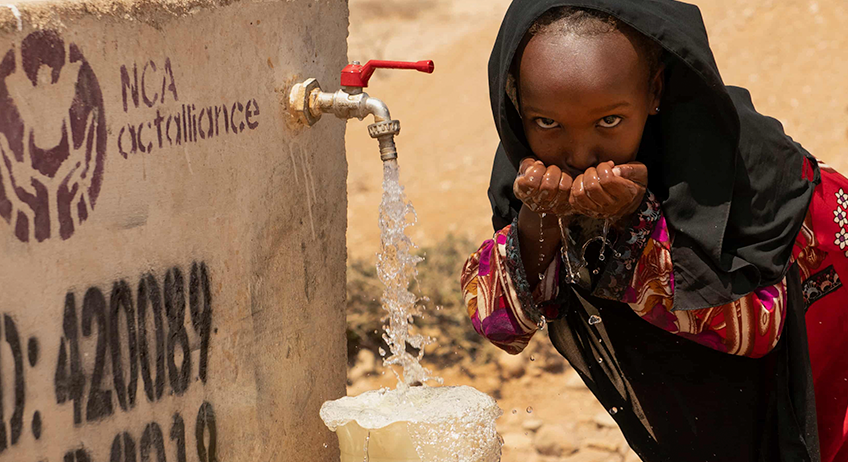
In 2023,
920.000
people gained access to clean water
In 2023,
441.000
gained access to sanitation services
NCA contributes to the equitable and sustainable management of all resources related to safe drinking water, sanitation and hygiene (WASH) through this programme. This is essential to achieving several of the Sustainable Development Goals, as well as addressing the human right to water and sanitation.
Related Sustainable Development Goals
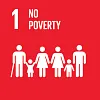
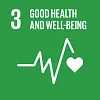
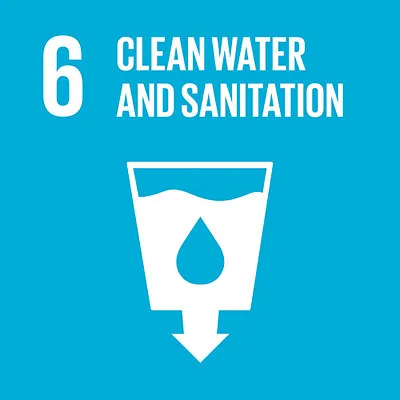
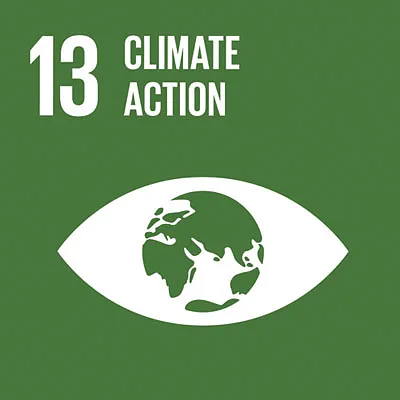
NCA´s response
The goal of NCA’s Climate Resilient Water, Sanitation and Hygiene programme is to make sure that people live in dignity in healthy and resilient communities by accessing equitable water, sanitation and hygiene services in an informed and sustainable manner.
Within this programme, NCA and its partners aim to
- participate in and influence decision-making about all WASH services that affect them, including how water resources are sustainably managed
- prepare and respond to climate-related hazards and natural disasters affecting WASH services
- practice good hygiene measures to protect against key public and personal health risks
- access sustainable, adequate and equitable basic sanitation services
- access sustainable, safe and affordable basic drinking water supply services
CR-WASH in Humanitarian Responses
NCA implements humanitarian WASH responses according to international technical standards and following the Humanitarian Principles. Humanitarian responses can be implemented directly by NCA personnel and/or by partners, depending on the contingent situation. NCA commits to involve national partners and promote their contextual knowledge in humanitarian responses.
CR-WASH in Long-term Development Work
NCA implements development WASH programmes with a special focus on sustainability. This is not limited to technical options; it includes, among others, environmental, social, economic and managerial considerations. This work also contributes to reinforcing civil society structures and to promoting active citizenship. NCA preferably implements WASH programmes in synergy with national partners.
Most of the countries where NCA implements WASH programmes are constituted by fragile states, and governments have limited capacity to deliver WASH services. In these settings, where humanitarian and development needs often co-exist, NCA has developed specific approaches for responding to the different needs.
CR-WASH in Advocacy
An important part of NCA and partners’ work is to support people in exercising their rights to WASH services. NCA and partners support civil society organisations in presenting their needs and preferences to the relevant authorities. Where possible, NCA and partners contribute to the development and diffusion of WASH polices at national or regional level, participating in thematic fora and working groups.
Collaborating with Faith Actors and Civil Society
As a faith-based actor, NCA builds on the advocacy influence of its partners, and uses its significant outreach with people to challenge social norms. Additionally, as a member of the ACT Alliance, NCA uses its influence to bring these principles and ways of working to other ACT partners.
NCA’s work is underpinned by a commitment to leaving no one behind. This requires shifting the focus of all actors in the sector, especially governments and the private sector, to those not yet reached; those left behind by the already significant investment in WASH service delivery. NCA will strengthen local capacity to challenge duty bearers on ensuring equitable access to services and will support the development of the capacity of authorities or strategies at the local level to increase ownership and sustainability. Those with no or only limited access to WASH services have little opportunity to influence decisions being made by duty-bearers on when and how they can gain access. Other evidence shows that poorer households tend to spend a greater percentage of their budgets on WASH services than wealthier households, and often spend a greater absolute number.
Additionally, the service they are buying is often of a poorer quality. Access to WASH services is also highly dependent on whether a household is rural or urban, especially those living in peri-urban informal settlements, with little land tenure and in very crowded conditions. In many countries, there are stark inequalities between different regions, and those living in fragile situations are twice as likely to lack basic sanitation and four times as likely to lack basic drinking water services as those living in non-fragile environments. Water scarcity is often the result of political processes and institutions that disadvantage the poor and marginalised. NCA’s rootedness in all levels of society as a faith-based actor gives it the possibility to engage with all parts of governance mechanisms, addressing the root causes of lack of access to safe water and sanitation services.
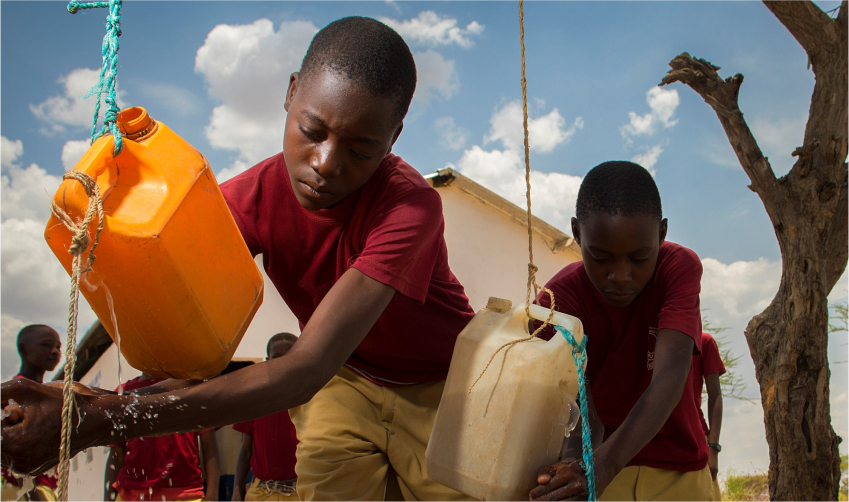
Water, sanitation and hygiene 2016-2018
Related cases
In all countries where Norwegian Church Aid works, the population experiences weather and climate-related disasters such as droughts, floods, strong winds and heat.
Norwegian Church Aid has integrated disaster risk into the planning and implementation of water, sanitation and hygiene projects. We work with preventive strategies to avert or reduce risk, as well as preparing for when disasters strike.
- For example, Norwegian Church Aid works with villagers and authorities to identify and analyse climate-related risks to the population and water and sanitation infrastructure. This takes place at different levels, such as individual and village level.
- According to identified risks, we include measures when building, such as drinking water supply. For example, in areas where flooding occurs, we build boreholes and hand pumps at a higher ground level so that flood water does not run into the borehole and/or hand pump.
- Another example is in areas where drought can occur, where we protect the area around the water source and catchment area with measures that counteract a reduction in the water source.

Incontinence is a condition where an individual is unable to control their bladder and/or bowel, and where they leak, either urine, or faeces, or both. A wide range of people live with incontinence and it has significant impacts on their physical and mental health and their caregivers. In humanitarian contexts, access to basic facilities and services is often difficult and challenges in managing this distressing condition, are greatly multiplied.
NCA undertook a mapping survey between July - December 2022: Mapping of Support for People Living with Incontinence in Humanitarian Contexts; Through the lens of WASH, Gender-Based-Violence (GBV) and Adolescent Sexual and Reproductive Health (ASRH)”.
This mapping is the first of its kind globally, focusing on support for people living with incontinence in humanitarian contexts. It is a foundational study, which had contributions from representatives from 23 agencies, and found a range of action across agencies, sectors, and contexts, as well as multiple gaps and challenges. The outputs document a range of findings and case studies, which vary by agency, sector, focus and country context; and practical recommendations:
a) 10 overview recommendations; b) For NCA programmes; c) For global humanitarian actors (GHAs) by sector.
The outcome of the mapping was a set of 4 documents: